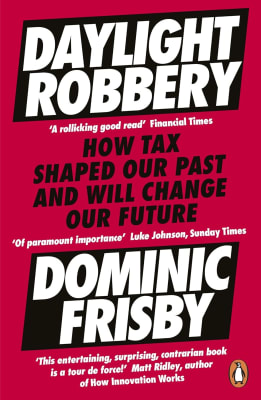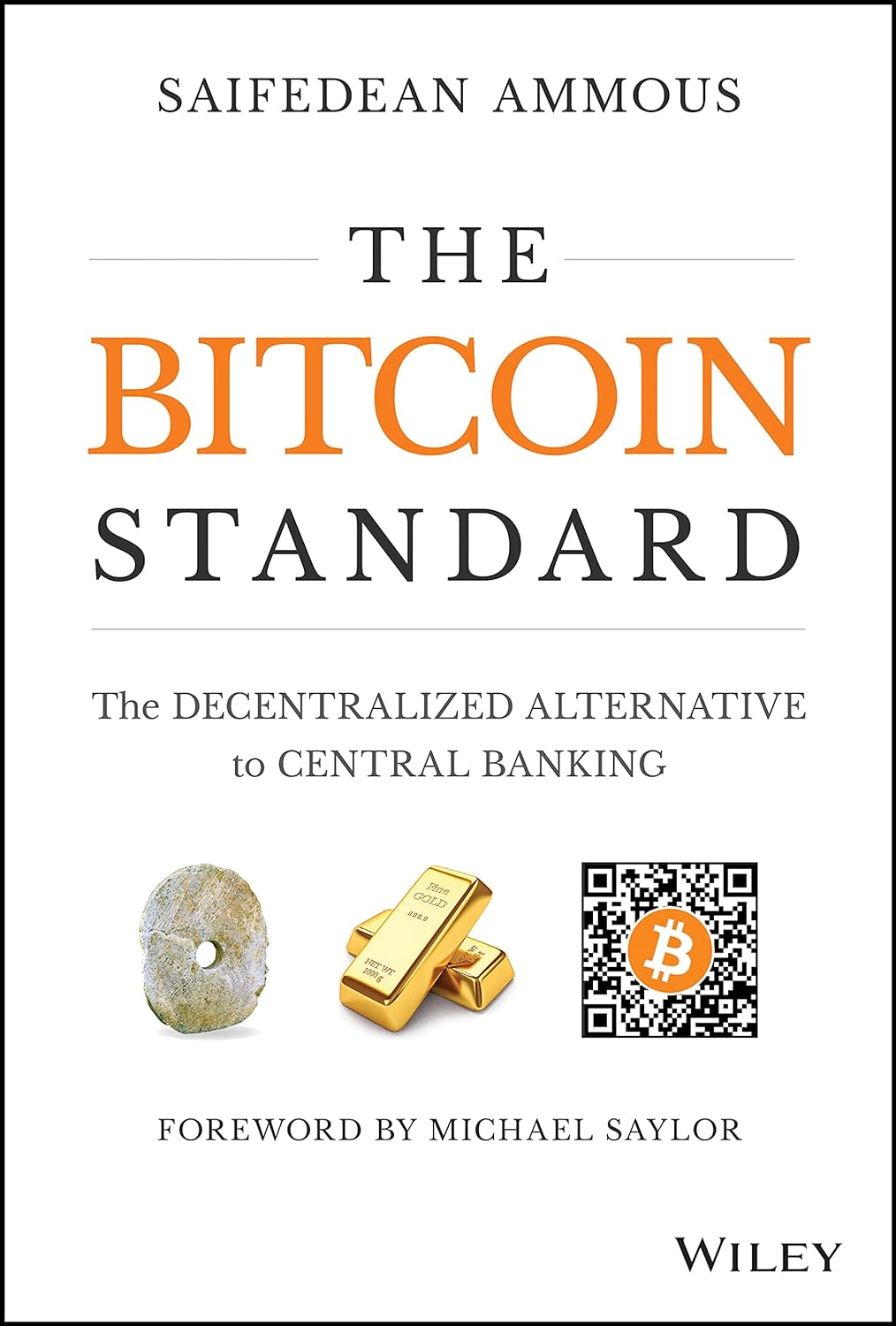
Daylight Robbery
How tax shaped our past and will change our futureReview
I remember as a child, the first time I heard my father use the term "Daylight Robbery", while discussing something with his business partner. The phrase stimulated by over active child imagination and I imagined clandestine characters running around with masks and swag bags stealing daylight from unsuspecting people.
Over the years I would often hear this phrase repeated and in my mind I would often drift back to the 6 year old boys over active imagination and inwardly chuckle to myself.
Little did I know, how close I was to the truth, after reading this book I discovered that the shady clandestine characters were actually the government and they stole the daylight in the form of taxes enforced on those with windows in their house, known was the Window Tax.
The Window Tax was an indirect tax, intended to impose a tax relative to the prosperity of the taxpayer since the more windows you had, the bigger your house and by extension the larger your income. This tax was in 2 parts: a basic flat-rate house tax of 2 shillings and a variable tax rate according to the number of windows an individuals property had. For 10-20 windows it was 4 shillings and for over 20 windows it was 8 shillings.
This is where the expression daylight robbery dates from; people would brick up their windows to reduce their tax bill and so were literally being deprived of light!
There has never been a civilisation without taxation
Why I read this book
Through out my life I have always had an issue with the concept of authority, government and rule. I've always been somewhat of anarchist at hart. In my youth, I was probably my belief system was probably closer to the Big A - anarchist philosophy more closely aligned with my love and passion for hard and heavy alternative rock music a.k.a Metal, Thrash, Punk etc.
The more I've drifted into the middle stage of my life, these views have softened to what David Graeber terms as small a Anarchist, which he provides more detail and discussion of in the Democracy Project.
harmony in an anarchist society is obtained, not by submission to law, or by obedience to any authority, but by free arrangements concluded between the various groups, territorial and professional, freely constituted for the sake of production and consumption, as also for the satisfaction of the infinite variety of needs and aspirations of a civilized being.
In fact it was discussing The Democracy Project with a friend of mine, that they recommended this book to me, based purely on Dominic Frisby's association with Anarchy and that he has penned several books about money, government and taxes.
Like most adults I have a complicated with relationship with Taxation. In principle, I agree with the philosophy that all people in a society should make a contribution to achieve a greater good for the society. Essentially contributions to improving roads, education, hospitals, security etc.
Unfortunately, as with many things involving human nature, this simple philosophy is abused and everything is just corrupt and the system has morphed into something that is completely unrecognisable from the principles and philosophies it supposed to adhere too.
Taxation, in its current guise is nothing but theft.
What I like about this book
In this book Frisby, highlights and details the central drivers of taxation and provides examples of how it has been at the root of many wars, revolutions and major historical events. In many ways, it makes perfect accompaniment to Debt : The first 5000 years and a much easier read.
In my opinion Frisby has achieved the impossible really, making reading about the history and problems of taxation to be an entertaining read!
In a world on the brink of war, revolutions and political instability, Frisby argues governments need to radically change who and how they tax if they want to survive.
The greater the war, the greater the tax burden. The second World War gave the world even higher taxes.
War costs money
President Franklin D. Roosevelt
The real cost of war is perpetual debt.
It is rather fitting to read this book now, given the situation in Ukraine and especially Crimea, when you consider that the last time there was a war in Crimea, Personal Taxation was introduced as a Temporary Measure to pay for the Crimean War (1853 - 1856).
By 1874 this tax contributed £6 million to the government (compared to £47 million raised from Customs & Excise). Although both Disraeli and Gladstone both pledged to abolish it in their electioneering speeches, this was never done when they came to power. By 1905, there were 1 million inhabitants of the British Isles paying direct taxation in the form of income tax.
By 1914, there were 1.3 million taxpayers and income tax was set at an average of 6% although there were heavy tax duties on luxury goods such as sugar, tea, beer and tobacco. Obviously, revenue was needed to fund the 1st World War and during 1914-18, income tax was gradually increased to 30%. Despite this rise, the national debt ballooned from £623 million at the beginning of the war to £7,800 million by the end.
Like debt, inflation may not be an official tax, but that does not mean it does not exist. Indeed, it is often deliberately propagated, and its effect is the same : it confiscates wealth from one group and transfers it to another from the salaried or the saver to the state, from creditor to debtor, from employee to employer.
Saiffedean Ammous, The Bitcoin Standard, discusses the effect of Inflation-ism on the economy and also the concept of Price Controls and how they are used with Taxation by governments to try control the economy, but as you would expect fail spectacularly at being just and fair.

Bitcoin is autonomous decentralized software offering an unstoppable and globally-accessible hard money alternative to modern central banks. The Bitcoin Standard analyzes the historical context to the rise of Bitcoin, the economic properties that have allowed it to grow quickly, and its likely economic, political, and social implications.
Why I recommend this book
Many people have very little understanding of the things that affect them on a daily basis. Taxation is one of this concepts or things in life you can either just to choose to live with and pay very little attention too other than to moan about the deduction on your pay slip.
When you understand more about taxation, you come to realise that it is nothing more than a tool of authoritarian governments to ensure that the population is oppressed. Governments takes almost half of your income way by force and stealth combined. Your payments aren't voluntary. If you think they are, try to withhold payment and see what happens.
Most of society lives under the illusion that taxation is used to fund essential social services. However, this is often very far from the truth and the reality most of your taxes go towards the waging of wars and oppression in other parts of the world.
